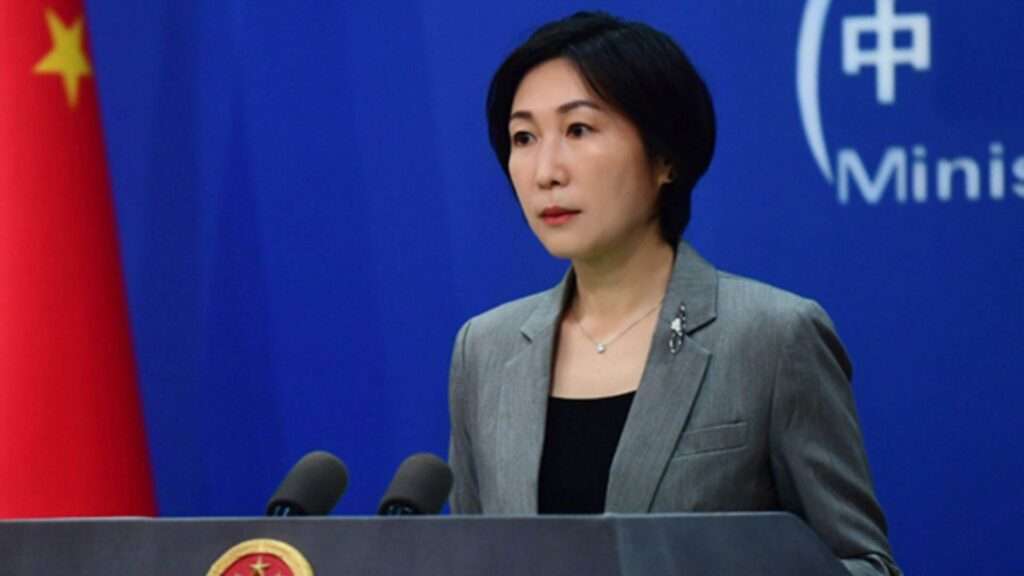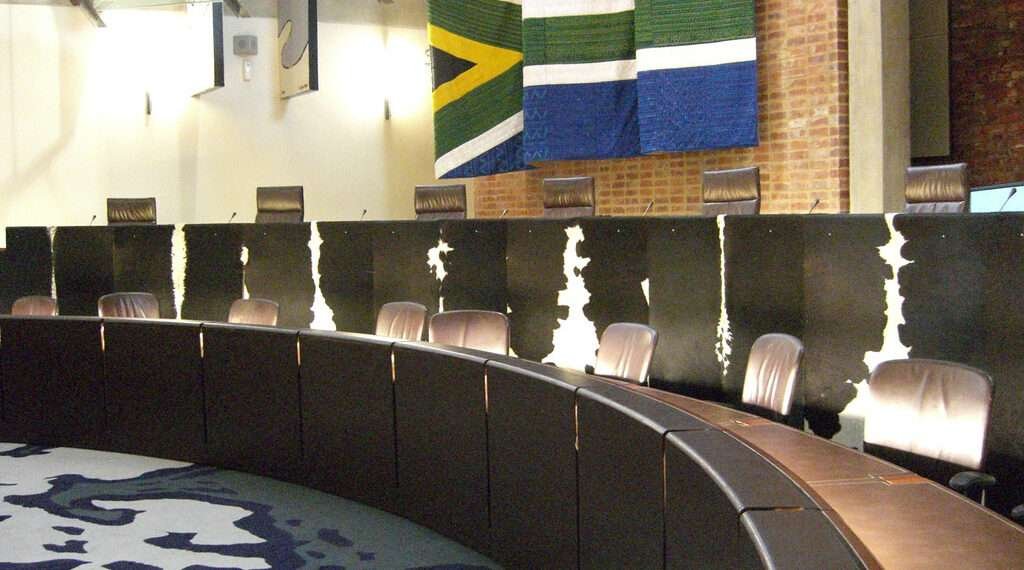In a move seen as further aligning with its powerful ally, China, South Africa has requested Taiwan to move its unofficial embassy out of the administrative capital, Pretoria.
On Friday, October 18, the South African foreign ministry announced the decision, offering Taiwan a six-month “reasonable” timeline to relocate its “liaison office” to Johannesburg, the country’s commercial hub.
The request is viewed as a strategic gesture to maintain strong ties with China, one of South Africa’s largest trade partners and a key member of the BRICS bloc. South African Foreign Minister Ronald Lamola reportedly communicated the decision to China last month during his visit to China for the China-Africa summit.
While South Africa severed formal diplomatic ties with Taiwan in 1997, the two nations have maintained an unofficial relationship, which is now under strain.
Growing Pressure From China
China, which considers Taiwan a breakaway province, has consistently asserted its sovereignty over the self-governed island. This move by South Africa comes amid heightened tensions between China and Taiwan, particularly after Taiwan celebrated its national day this month, rejecting China’s claims of authority. In response, Beijing conducted large-scale military exercises around the island.
China has publicly praised South Africa’s decision to relocate Taiwan’s liaison office. Chinese foreign ministry spokesperson Mao Ning stated, “We appreciate South Africa’s correct decision to relocate the Taipei liaison office in South Africa out of its administrative capital, Pretoria. Taiwan’s independence is unpopular and doomed to failure.”

Taiwanese officials, however, are not pleased. Taiwanese Foreign Minister Lin Chia-long has indicated that his government may respond by closing South Africa’s liaison office in Taiwan. Such a move would halt key channels for trade, travel, and educational exchanges, potentially affecting bilateral relations.
Taiwan’s Role in Global Geopolitics
Taiwan’s strategic significance in global politics extends far beyond its small size. As a critical player in semiconductor manufacturing, any disruption to the island’s economy could have a global ripple effect, impacting industries that rely on these vital components. Moreover, Taiwan’s political status is one of the most contentious issues in international diplomacy.
While China continues to advocate for the One China policy and refuses to rule out the use of force to achieve reunification, Taiwan has strengthened its democratic institutions. It enjoys strong support from Western nations, particularly the United States. U.S. arms sales to Taiwan and diplomatic support have fueled the ongoing geopolitical tensions in the Indo-Pacific region.
This friction between China and Taiwan has broader regional implications, with Japan, Australia, and other neighboring powers expressing concerns over Beijing’s increasing assertiveness in both the South China Sea and the East China Sea. Military collaborations among these nations are strengthening as they seek to counterbalance China’s influence.
Economic and Political Impact of South Africa’s Move
South Africa’s decision to downgrade its relationship with Taiwan by moving the liaison office is likely influenced by its economic priorities, particularly its trade relationship with China. The Chinese government is South Africa’s largest trading partner, and the two countries are crucial members of the BRICS economic alliance, including Brazil, Russia, and India.
As such, South Africa appears keen on aligning itself more closely with Beijing while trying to maintain its informal relations with Taiwan. The South African foreign ministry has emphasized that moving Taiwan’s office out of Pretoria will better reflect the “non-political and non-diplomatic nature” of the relationship between South Africa and Taiwan.
READ ALSO: We’ll Boycott Parliament Until Supreme Court Rules- Afenyo Markins























